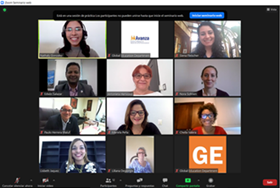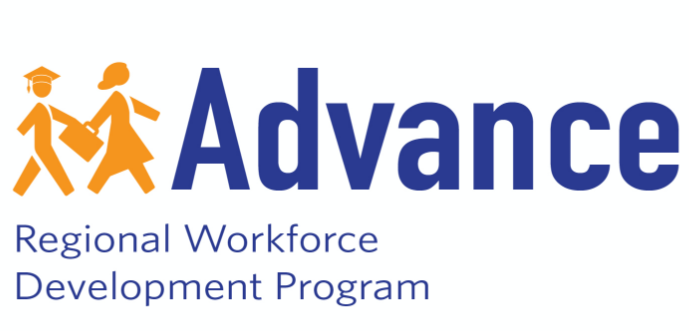Advance Program Begins Operations Virtually in the Dominican Republic during the COVID-19 Pandemic
January 13, 2022

The Regional Workforce Development Program (Advance) began its operations in the Dominican Republic in March 2020, after successful developments in Honduras, Guatemala, and Jamaica. At the beginning, the Program faced great challenges as the country program commences its implementation as COVID commenced. In response to the pandemic, the President of the Dominican Republic announced a series of measures that included the closing of borders, the suspension of educational activities, and the cancellation of public events.
As a result, the Program virtually adapted its work strategies used in the other countries to carry out three initial investigations that feed the Program’s design: the Labor Market Assessment (LMA), the Institutional Landscaping Analysis (ILA), and the Study of the Barriers to Access and Completion (SBAC), which began in December 2019.
During virtual fieldwork for the LMA, the technical team consulted with economic experts and productive sector representatives – for example, from the medical devices, logistics, ICT, and tourism clusters – who endorsed the objectives of the program and expressed interest in continuing to engage with Advance during the curriculum revision, faculty professional development, and labor bridging activities.
With the results of the Labor Market and Institutional Landscaping research, dialogue began with the technical tertiary institutions that were proposed to participate in the program. The Technological Institute of the Americas (ITLA) and the Community Higher Technical Institute (ITSC), public institutions, both experienced a transition of authorities during the development of the program due to the change of government in August 2020. Work planning with the new authorities had to be done remotely due to COVID-19, and educational institutions had to adapted to deliver content virtually in order to reduce the spread of the virus.
Despite these challenges, these processes were carried out in a period of eight months. The program utilized lessons learned in the other three countries and experiences with other institutions to facilitate its adaptation of the work plan with institutions in the Dominican Republic during the pandemic. In December 2020, the team virtually presented the results of the LMA and ILA, and the SBAC methodology, at an event with more than 70 stakeholders across government, higher education institutions, civil society, and the private sector. The team anticipates that nurturing and building on relationships forged in the first phases of implementation – in particular connections with the private sector — will be key to the success of the Program.
